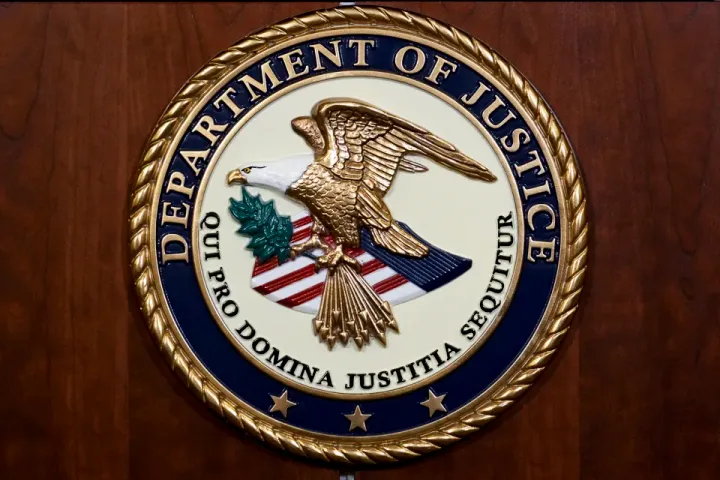Hong Kong Explores Spot Crypto ETFs to Establish Asia-Pacific Digital Asset Hub
While both Hong Kong and the US currently permit futures-based crypto ETFs, their adoption has been relatively modest compared to the overall size of the fund industry.

Hong Kong is actively considering allowing exchange-traded funds (ETFs) that invest directly in cryptocurrencies as part of its strategic plan to become a leading digital asset hub in the Asia-Pacific region.
Julia Leung, the Chief Executive Officer of the Securities and Futures Commission (SFC), stated that the city is open to retail investor access to spot ETFs, provided that regulatory concerns are satisfactorily addressed. This move aims to promote innovative technologies that enhance efficiency and customer experiences while maintaining a consistent approach to regulation across different asset classes, according to Bloomberg report.
The interest in spot crypto ETFs has grown significantly in recent times, with major players like BlackRock entering the space. Additionally, the impending launch of the first spot Bitcoin ETF in the US has generated considerable anticipation, with its debut expected within the next month or two.
Current State of ETFs
While both Hong Kong and the US currently permit futures-based crypto ETFs, their adoption has been relatively modest compared to the overall size of the fund industry. In Hong Kong, the city lists ETFs such as Samsung Bitcoin Futures Active, CSOP Bitcoin Futures, and CSOP Ether Futures, with combined assets totaling approximately $65 million.
Regulations and Licensing in Hong Kong
In compliance with the SFC's digital asset regulations, individual investors have the opportunity to trade prominent cryptocurrencies such as Bitcoin and Ether on licensed cryptocurrency exchanges. Currently, BC Technology Group Ltd.'s OSL and HashKey Exchange are the sole platforms in Hong Kong with permits for cryptocurrency trading. Additionally, regulations pertaining to stablecoins, digital tokens designed to maintain a stable value, are expected to be introduced between 2023 and 2024.
Leung emphasized the need for a robust and comprehensive regulatory framework, particularly in light of a recent alleged fraud involving HK$1.6 billion ($204 million) at an unlicensed cryptocurrency exchange in the city. The SFC has taken steps to enhance transparency in the processing of license applications for operating virtual asset exchanges.
The Role of the Hong Kong Monetary Authority
The Hong Kong Monetary Authority, the city's central bank, is actively exploring the possibility of providing guidance to banks regarding the provision of digital asset custodial services. Such services are seen as pivotal to nurturing the growth of a digital asset ecosystem.
As Hong Kong gradually adapts to the evolving crypto landscape and seeks to enhance investor protection, the SFC appears open to expanding access to digital asset investment for the broader public. These steps align with Hong Kong's broader strategy to establish itself as a digital asset hub and its recent unveiling of Web3 initiatives.




